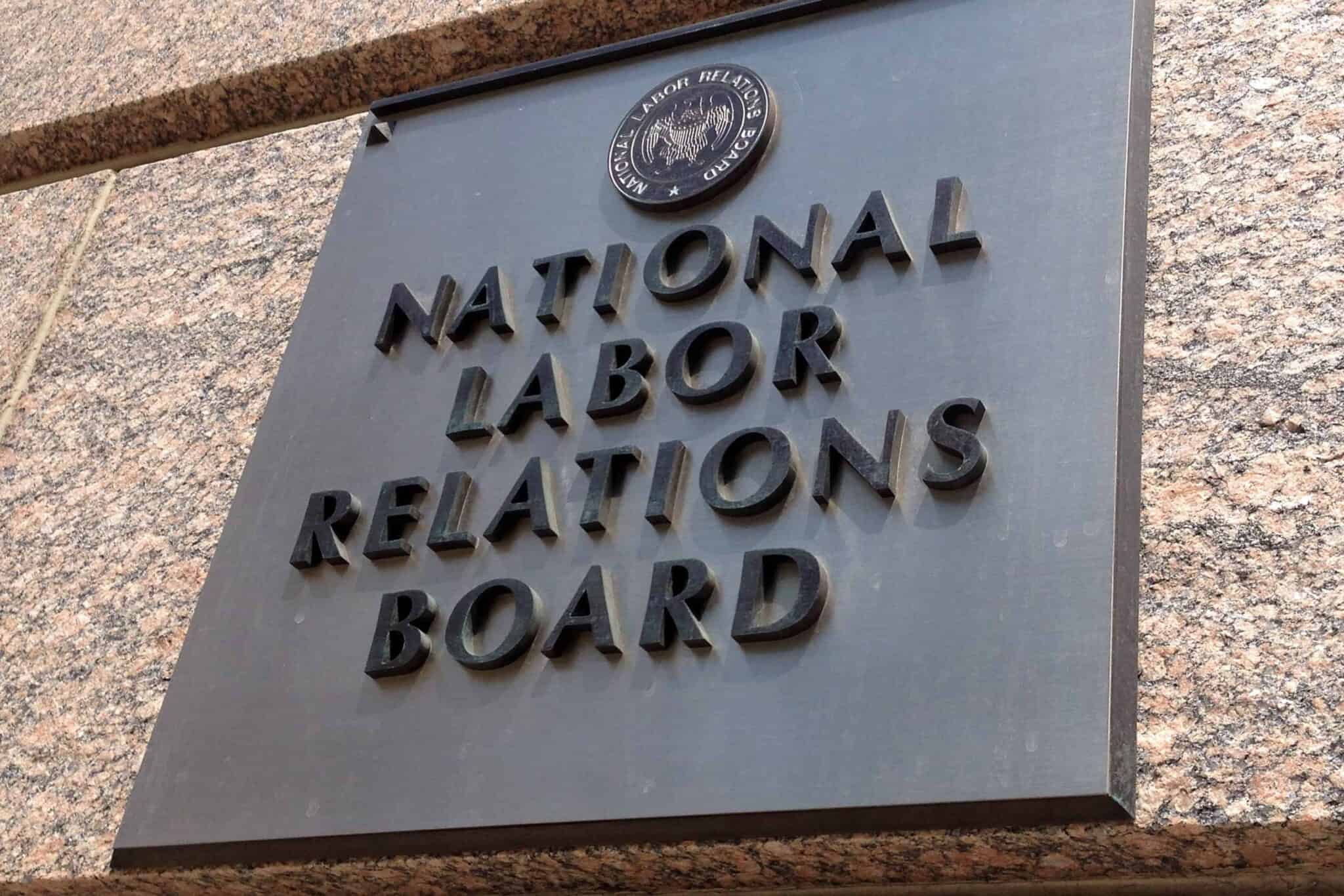Divya Nimmagadda is a student at Harvard Law School.
A recent piece in the American Prospect by Professors Sharon Block and Benjamin Sachs analyzes the connection between party affiliation and support for workers and labor by comparing the state-level labor policies of red and blue states. Among the red states, you see concerted efforts to interfere with the UAW’s organizing campaign in the South, policies that hinder the ability of public sector unions to collect dues, and legislation that disincentivizes card check agreements. In contrast, in the blue states, the policies have been more focused on expanding worker and union rights, with legislation aimed at banning captive audience meetings, expanding bargaining subjects for teachers, enabling worker voice in discussions around labor standards, and expanding labor protections for worker groups excluded from the NLRA. Among the key takeaways is that “[s]o long as states remain under partisan control, the outlook for workers is in many ways determined by whether a Democrat or a Republican sits in their governor’s mansions.” However, with the upcoming Election Day, there is an opportunity for democratic voters to enable more pro-labor policies through the ballot initiative processes in the red states.
The National Labor Relations Board has reported that, during President Biden’s administration, there has been a “doubling of petitions by workers to have union representation.” Compared to the 1,638 representation petitions filed in 2021, there were 3,286 in 2024. In a stark contrast, union petitions declined by 22% in the course of President Trump’s presidency. Relatedly, there has also been a marked increase in the filing of unfair labor practice complaints. The NLRB reported that its field offices received a total of 24,578 in the last year, which has been “the most in more than a decade.” The NLRB’s General Counsel, Jennifer Abruzzo, commented that the increase was a result of workers “knowing and exercising their rights.” However, she also noted the relative lack of resources at the agency and urged “Congress to fully fund the NLRB so that employers, unions and workers receive prompt and meaningful case resolutions.” The NLRB had a similar case load back in 2011, but back then, it also had “62% more field staff.”
The President used the opportunity to remark on his administration’s pro-worker policies and posture, stating “after the previous administration sided with big corporations to undermine workers — from blocking overtime pay protections to making it harder to organize — my Administration has supported workers.” His administration is the first in more than five decades to see an uptick in election petitions. However, though union membership is growing, it has not outpaced the rate of job growth, meaning the share of the workforce that belongs to a union has decreased.






Daily News & Commentary
Start your day with our roundup of the latest labor developments. See all
January 27
NYC's new delivery-app tipping law takes effect; 31,000 Kaiser Permanente nurses and healthcare workers go on strike; the NJ Appellate Division revives Atlantic City casino workers’ lawsuit challenging the state’s casino smoking exemption.
January 26
Unions mourn Alex Pretti, EEOC concentrates power, courts decide reach of EFAA.
January 25
Uber and Lyft face class actions against “women preference” matching, Virginia home healthcare workers push for a collective bargaining bill, and the NLRB launches a new intake protocol.
January 22
Hyundai’s labor union warns against the introduction of humanoid robots; Oregon and California trades unions take different paths to advocate for union jobs.
January 20
In today’s news and commentary, SEIU advocates for a wealth tax, the DOL gets a budget increase, and the NLRB struggles with its workforce. The SEIU United Healthcare Workers West is advancing a California ballot initiative to impose a one-time 5% tax on personal wealth above $1 billion, aiming to raise funds for the state’s […]
January 19
Department of Education pauses wage garnishment; Valero Energy announces layoffs; Labor Department wins back wages for healthcare workers.